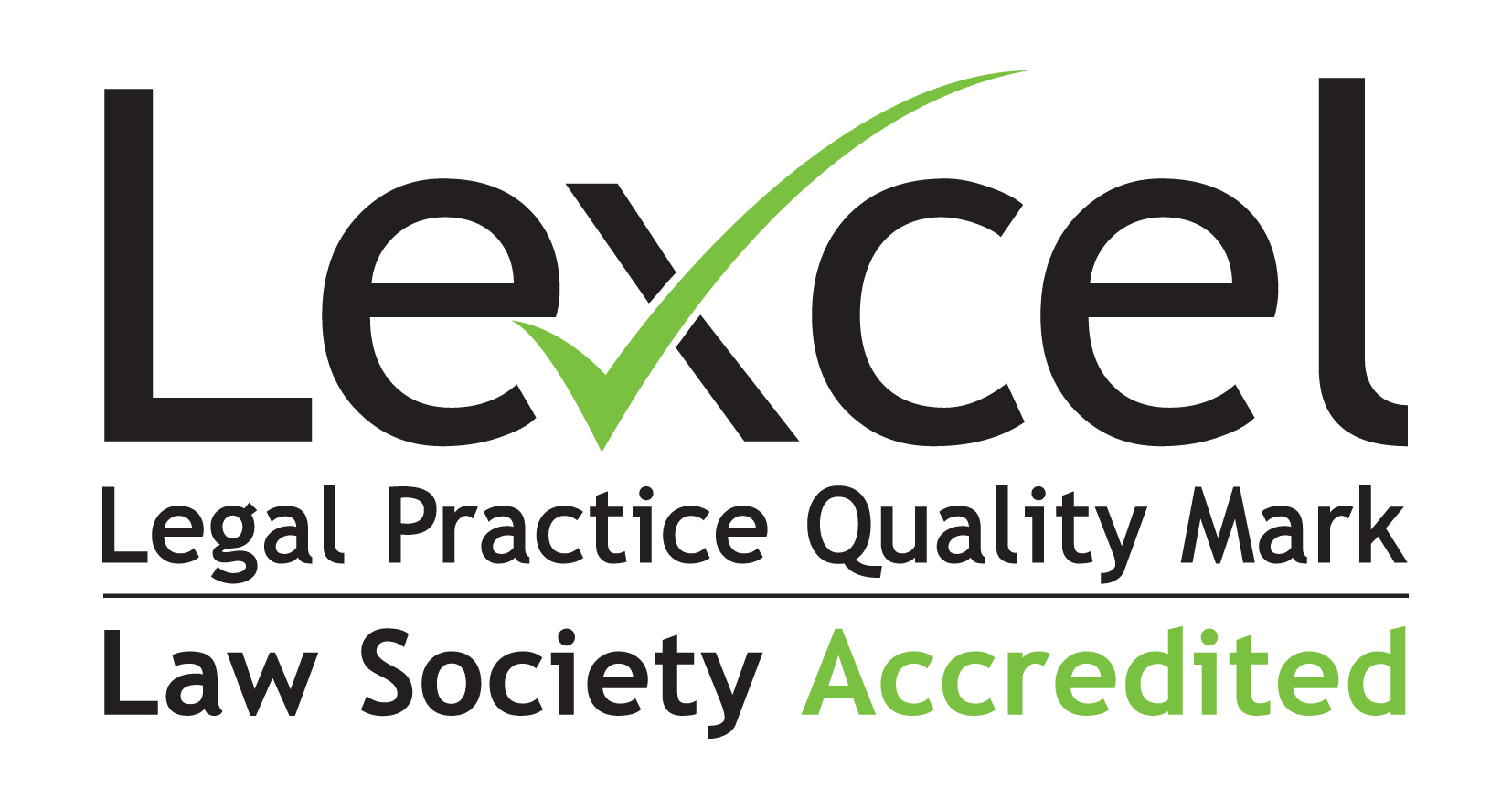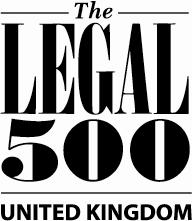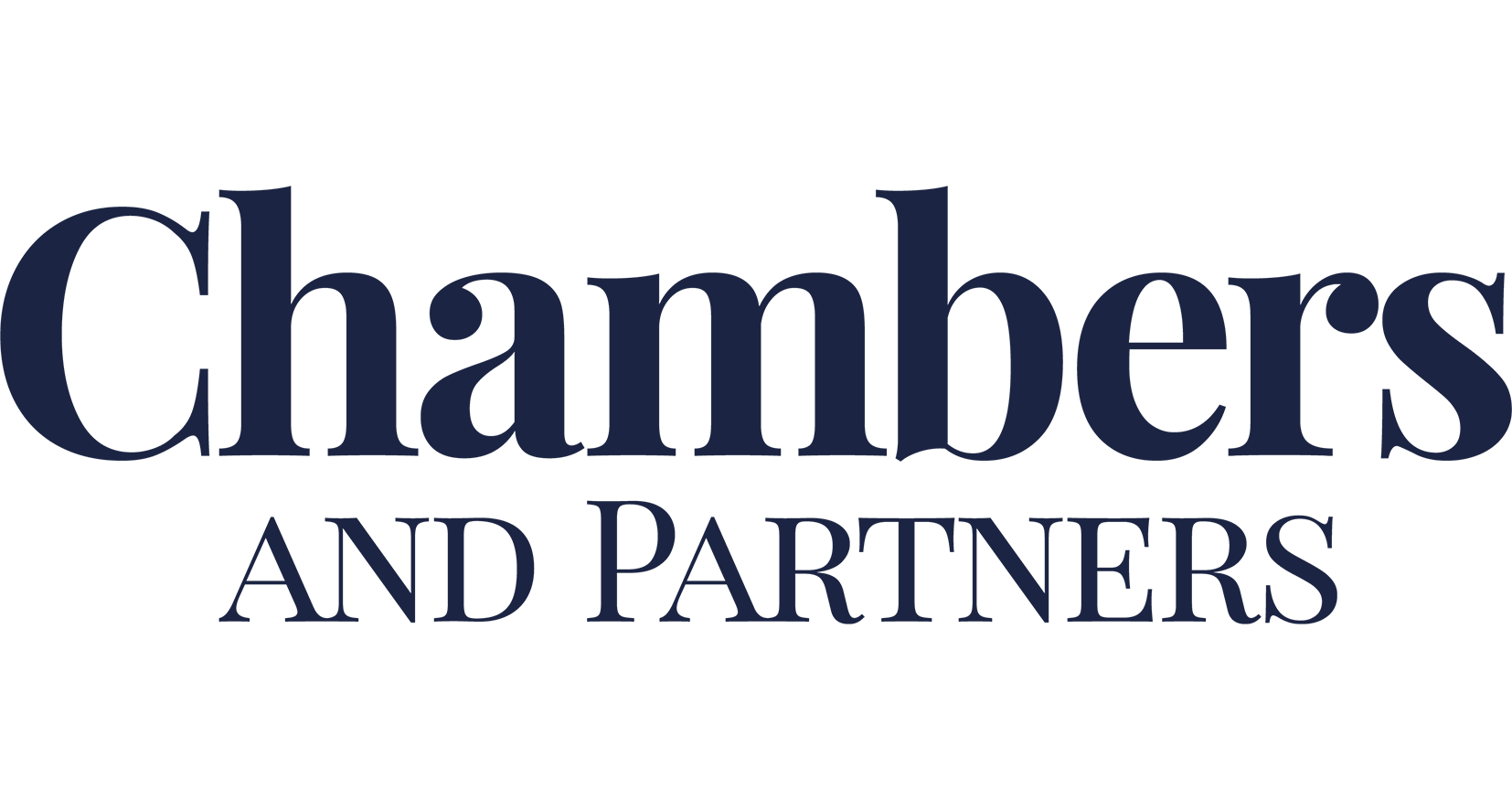Our experienced Notary is available to assist businesses and individuals with the authentication of all documents required in foreign jurisdictions.
Overview
It is almost always the case you will have been asked to see a notary because you have a document that needs to be used abroad. You may also have been asked to ensure the document is “apostilled” which is the process by which the signature and seal of the Notary are authenticated by the UK Foreign Commonwealth and Development Office – the FCDO or in some cases also legalised by the embassy of a Country.
What does a Notary do?
A Notary, unlike a solicitor, has a duty to the transaction as a whole and not just to one of the parties. A Notary identifies themselves on documents by the use of their individual seal. This seal will be registered with the Foreign & Commonwealth Office and with many foreign embassies and consulates.
Your document may be in a language that you do not understand or have to do with a legal system you do not know about.
A Notary must be sure that both you and they understand the document and each other and know what effect the document will have when it goes overseas as a result the notary may have to insist that it is properly translated into English, or that a qualified interpreter is present at your meeting.
Notarial services
Types of documents a notary deals with
- Certifying personal identification documents – passports etc, specimen signatures, photographs.
- Authenticating signatures of company directors examples of which includes powers of attorneys, board resolutions, data cards , letters to financial institutions, trademark and patent applications.
- Certifying facts about companies, including date of incorporation; change of name; directors and shareholders.
- Certifying documents produced on behalf of companies such as VAT registration certificates by HMRC; criminal record checks; company accounts and invoices.
- Taking witness statements, affidavits, declarations and depositions for use overseas.
- Verifying educational qualifications from UK institutions.
- Witnessing signatures on documents for the sale and purchase of foreign land
- Witnessing the consent by parents/ guardians of a child to travel abroad
- Foreign adoptions
Apostille/ Legalisation
In addition to notarisation, many of the documents a notary deals with also require legalisation which is the process by which the signature and seal of a notary public are authenticated by the FCDO by the issuance of an “Apostille”. In some cases a second certificate is also needed by a foreign embassy.
Contact
Should you have a need for notary services, we would recommend you contact Michelle Mann. Michelle is an experienced Notary Public and was until recently a Partner within the Business Services Team at FSP. She is now practising independently as a Notary Public.
Michelle assists private individuals, a wide range of commercial clients, including public and private companies, global organisations, UK subsidiaries and other professionals (accountants, solicitors and tax advisors) seeking assistance on behalf of their clients, in authenticating documents for use overseas. Michelle can also assist in legalisation requirements whether it is obtaining an “Apostille” from the Foreign & Commonwealth office or any other relevant embassy/consulate. She can also assist in couriering documents to their final destination – an end-to-end service. This can be arranged on urgent basis, if required.
Michelle’s contact details are:
Website: https://www.mjmnotarypublic.com
Email address: [email protected]
Telephone: 07841 686310


